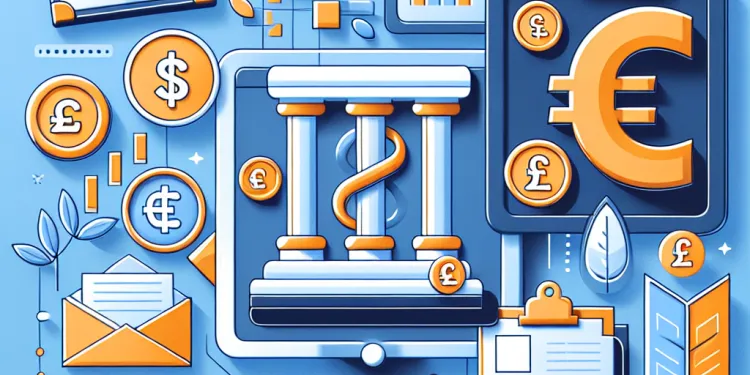
Find Help
More Items From Ergsy search
-
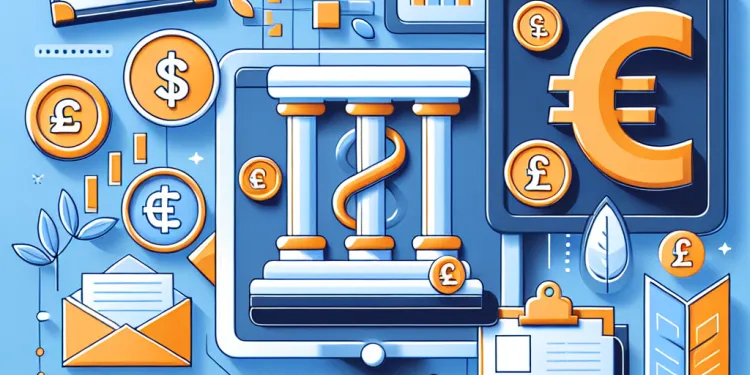
What evidence should I gather if I plan to seek legal action?
Relevance: 100%
-

Can I take legal action myself against unsolicited texters?
Relevance: 65%
-
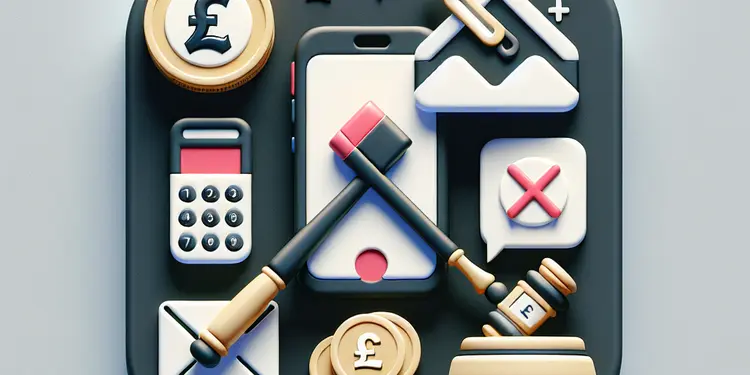
What legal actions can be taken against unsolicited callers or texters?
Relevance: 62%
-
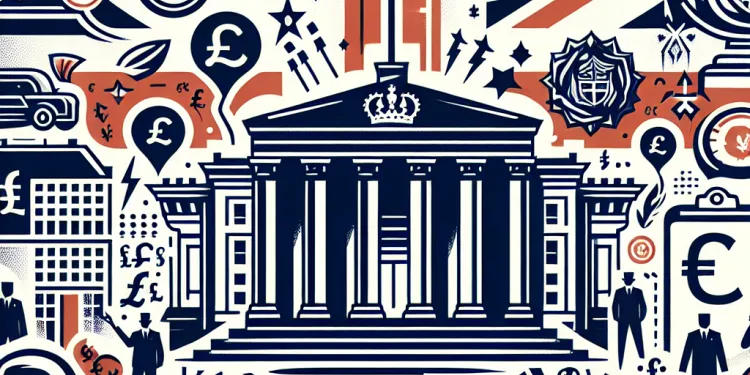
What evidence do I need to support my claim?
Relevance: 54%
-
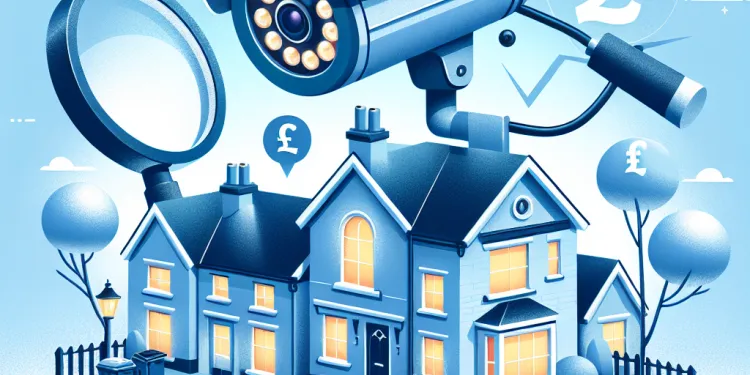
Can my neighbour use footage from their security camera as evidence in disputes?
Relevance: 53%
-

Are the refunds part of a regulatory action?
Relevance: 51%
-
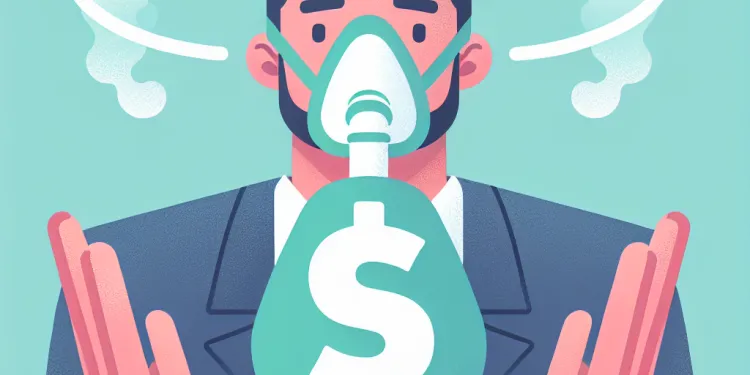
What is an asthma action plan?
Relevance: 50%
-
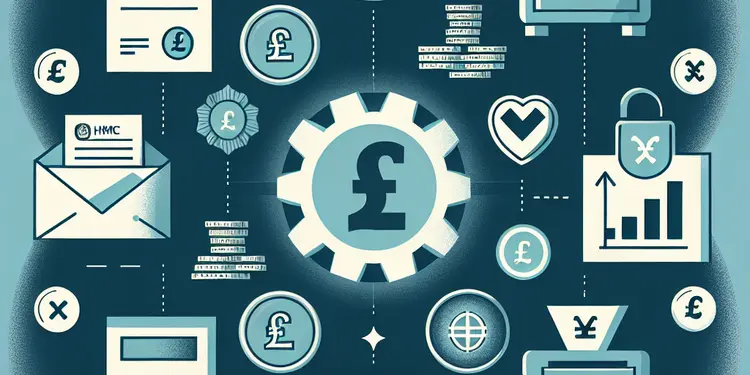
Do I need to provide financial evidence to HMRC for the arrangement?
Relevance: 50%
-
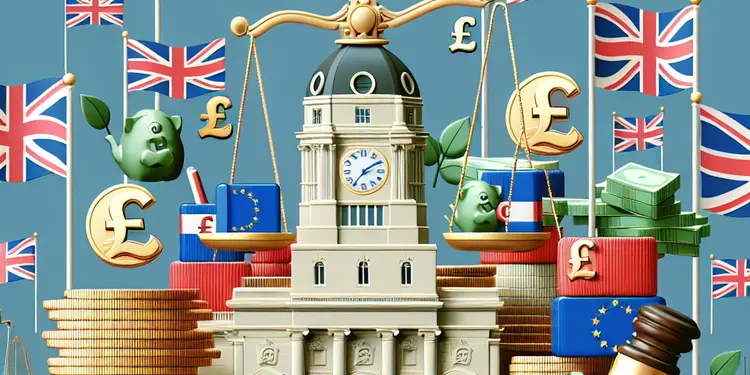
How is dishonesty determined in a legal context?
Relevance: 49%
-
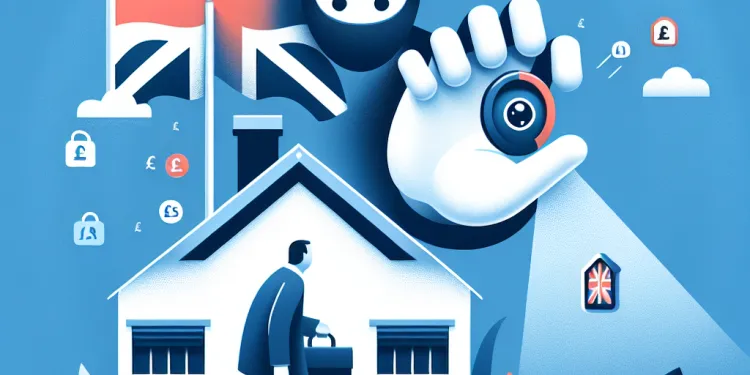
Can I ask for legal help to get my neighbor’s camera moved?
Relevance: 48%
-
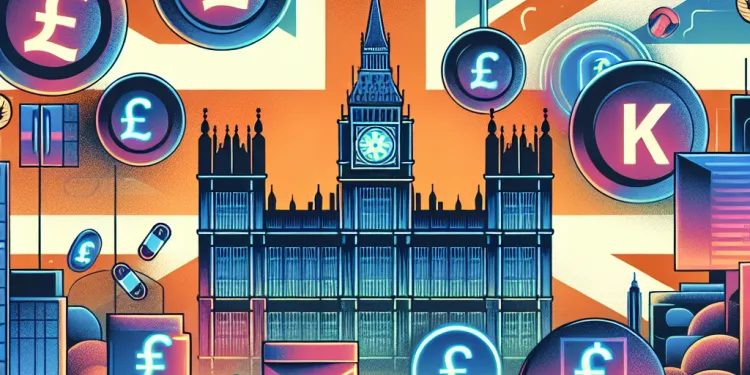
Is ketamine legal?
Relevance: 45%
-
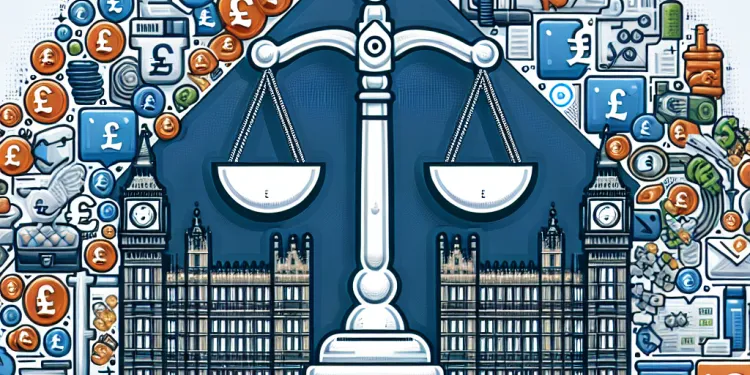
Is there any legal recourse for those affected by the housing benefit cuts?
Relevance: 45%
-
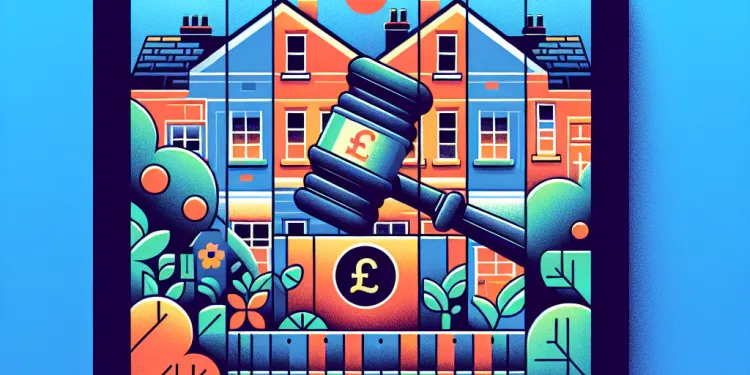
Does the ICO have the power to take action against my neighbour?
Relevance: 45%
-
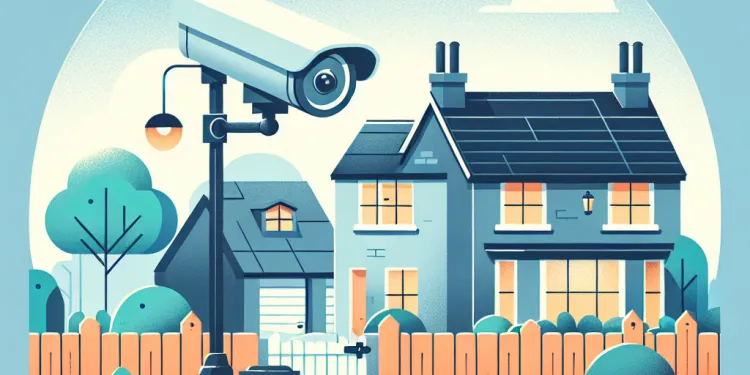
Can my neighbour legally point a security camera at my property?
Relevance: 41%
-
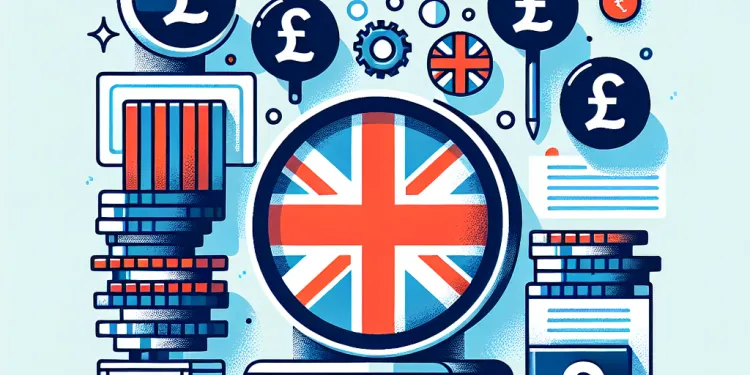
What should I do if I receive a Request for Evidence from USCIS?
Relevance: 41%
-
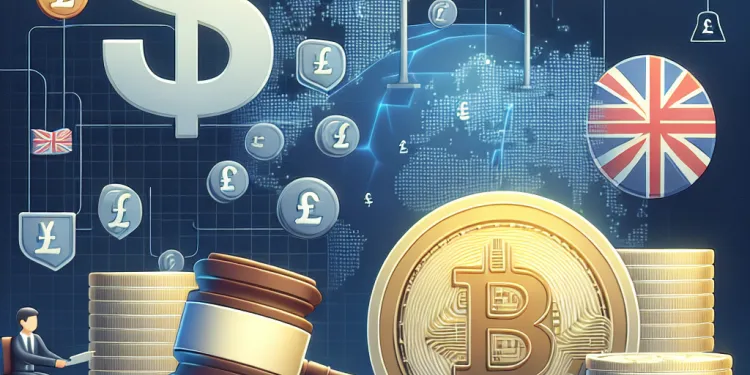
Is cryptocurrency legal?
Relevance: 39%
-
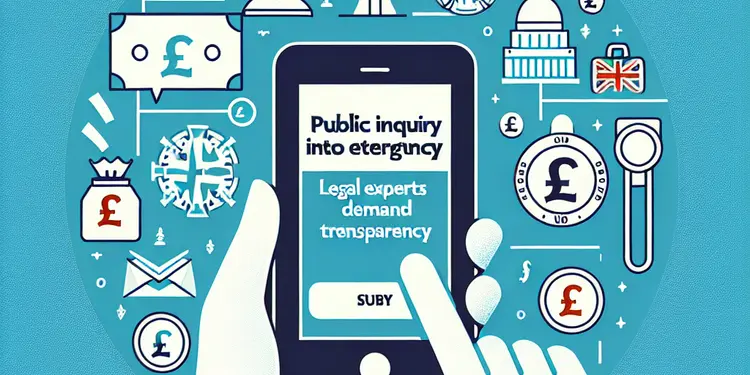
Public Inquiry into States of Emergency: Legal Experts Demand Transparency
Relevance: 39%
-
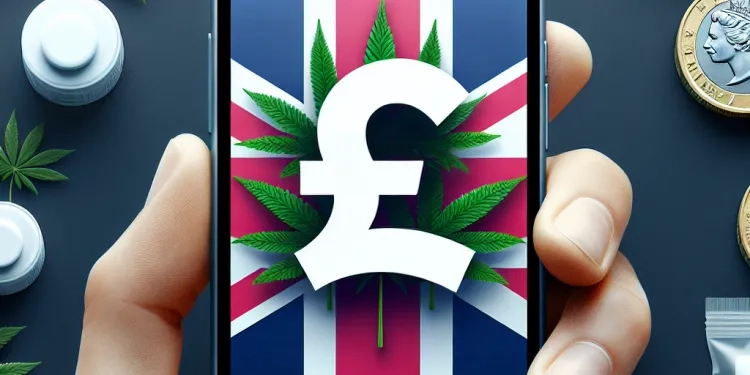
Is CBD legal?
Relevance: 38%
-

Are there any legal restrictions on caffeine pouches?
Relevance: 38%
-

What evidence can be used in a boundary dispute?
Relevance: 38%
-
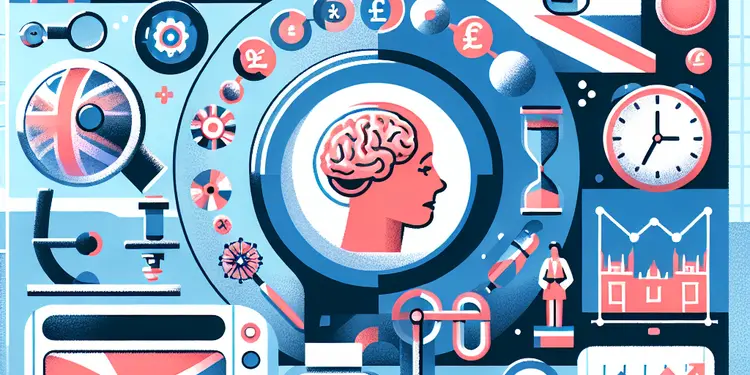
Is there scientific evidence linking menopause to dementia?
Relevance: 37%
-
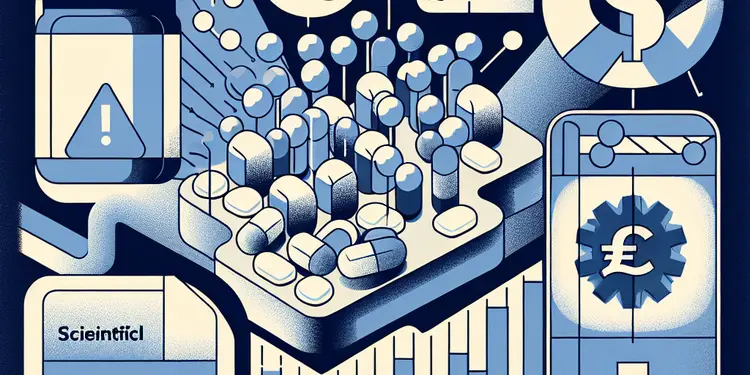
Is there any scientific evidence that links paracetamol use to autism?
Relevance: 37%
-
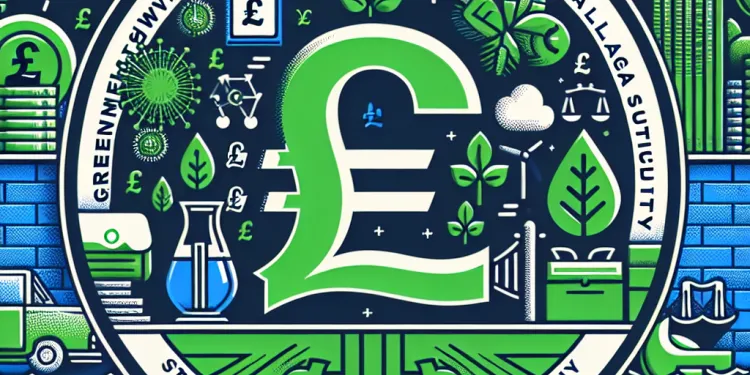
Greenwashing Lawsuits Increase as Environmental Claims Face Legal Checks
Relevance: 37%
-
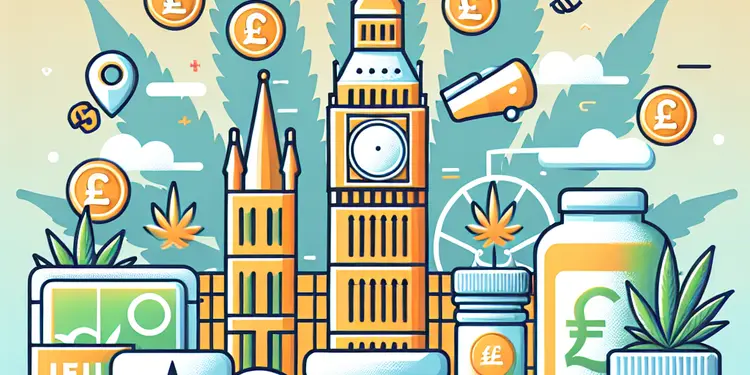
Is cannabis extract legal?
Relevance: 37%
-
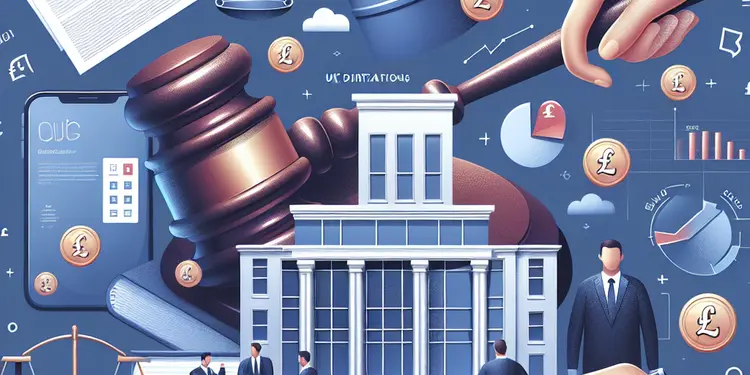
What legal obligations do directors have during a dispute?
Relevance: 36%
-

Is it legal to import ketamine?
Relevance: 36%
-
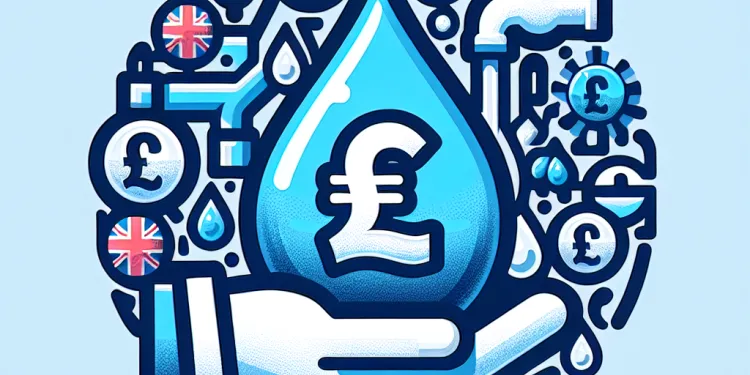
Can individual actions significantly impact overall water loss?
Relevance: 36%
-
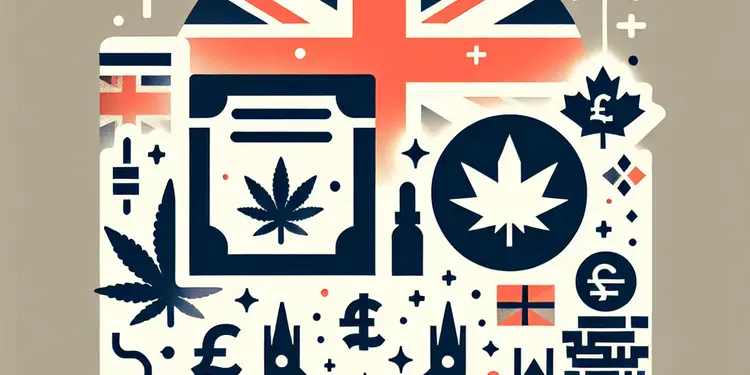
What is the legal status of ketamine in Canada?
Relevance: 36%
-

Is it legal for me to block the view of my neighbour's security camera?
Relevance: 36%
-
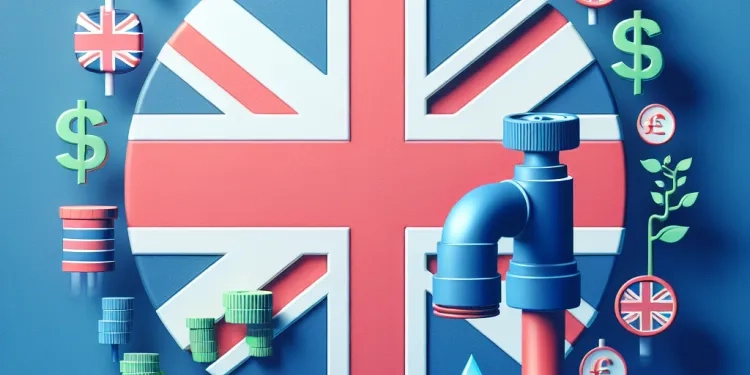
Is a hosepipe ban legally enforceable?
Relevance: 35%
-

Are there legal guidelines for sewage discharge into UK waters?
Relevance: 35%
-

Is it legal for my neighbor to have a security camera facing my property?
Relevance: 35%
-

Harshi’s learning disability annual health check and health action plan
Relevance: 34%
-
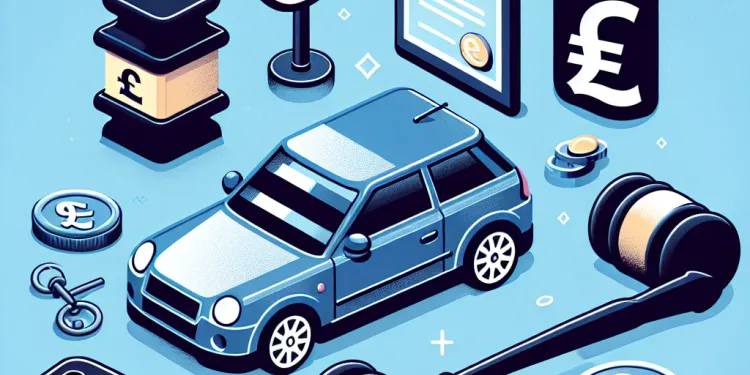
How do I record evidence for a mis-sold car finance claim?
Relevance: 34%
-
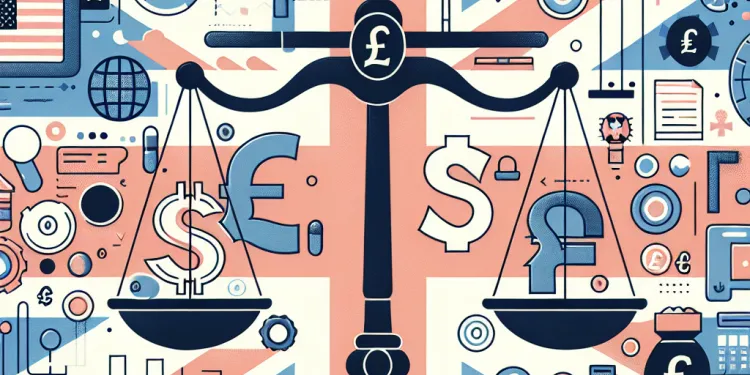
How can I ensure my solution is within legal boundaries?
Relevance: 34%
-
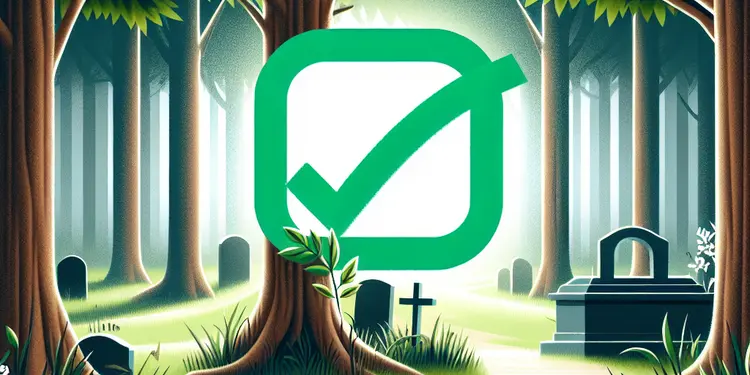
Are woodland burials legal in the UK?
Relevance: 34%
-
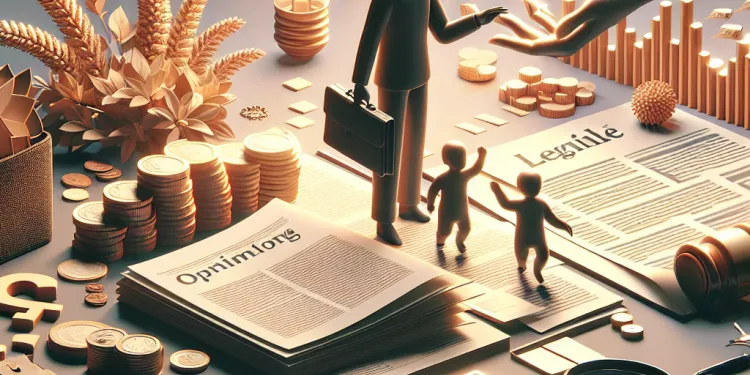
Emergency Legal Guidance: Navigating the Impact of Sudden Policy Changes on Families
Relevance: 33%
-
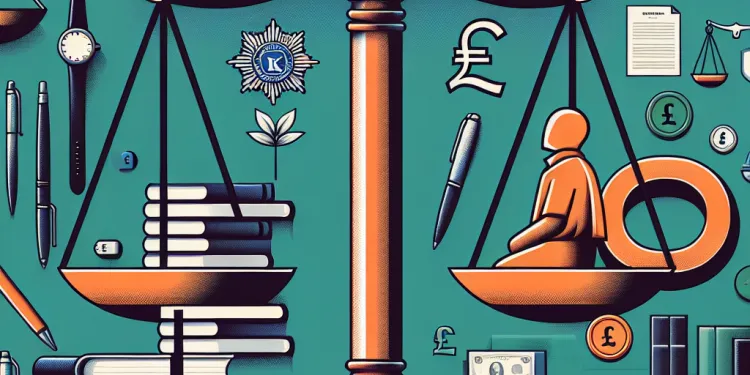
Can inmates access legal assistance?
Relevance: 33%
-
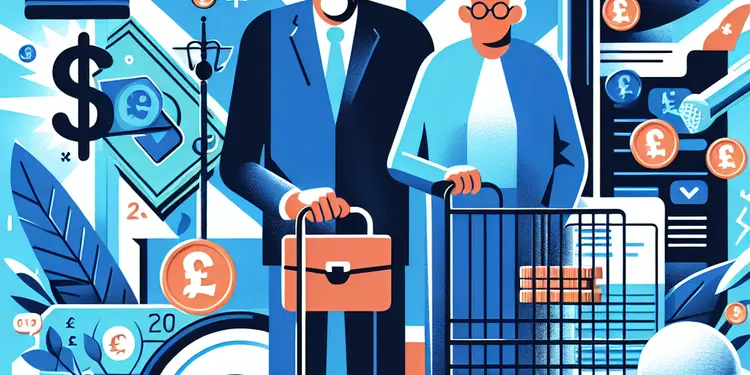
What legal assistance is available to seniors?
Relevance: 33%
-

Navigating Legal Guardianship and Parental Responsibility in the UK
Relevance: 33%
Understanding Legal Action in the UK
When considering legal action in the UK, gathering appropriate evidence is crucial for building a strong case. Whether you are pursuing a civil or criminal case, the right evidence can significantly impact the outcome. This guide provides insights into the types of evidence you should consider collecting before proceeding with legal action.
Documentary Evidence
Documentary evidence constitutes any written or printed documents that support your case. These can include contracts, agreements, letters, emails, invoices, receipts, and bank statements. In the UK, documentary evidence is often pivotal, as it can directly support claims or defenses. Ensure that these documents are organized, complete, and easily accessible. Originals are preferred, but certified copies may also be acceptable.
Witness Statements
Witness statements are critical in providing firsthand accounts relevant to your case. It is advisable to gather statements from individuals who have direct knowledge of the facts in question. In the UK, witnesses may be required to sign a statement of truth, affirming that the content of their statement is true. Witnesses should be credible, and their statements should be clear and detailed.
Audio and Video Recordings
Audio and video recordings can be compelling evidence if they are relevant and legally obtained. In the UK, the admissibility of these recordings may depend on the circumstances of their acquisition. For instance, recordings made with consent, or those captured in public spaces, are generally more acceptable. However, ensure that such evidence complies with privacy laws, such as the Data Protection Act.
Photographic Evidence
Photos can help substantiate claims by providing a visual representation of events, locations, or physical evidence. When collecting photographic evidence, ensure that the images are clear and taken from multiple angles if necessary. Accompany photos with dates and descriptions to provide context. Photographic evidence should not be altered, as this can affect its credibility.
Digital Evidence
In today's digital age, electronic data plays a crucial role in many legal cases. This includes emails, social media posts, text messages, and computer files. Ensure that digital evidence is preserved in its original format to avoid claims of tampering or alteration. It may be necessary to work with IT experts to recover deleted files or authenticate electronic data.
Professional Assessments and Reports
Expert evidence, such as that from medical professionals, engineers, or financial analysts, can provide independent assessments that support your case. In the UK, it’s important to engage accredited experts whose reports are objective and based on thorough analysis. Their expertise can add substantial weight to your legal arguments.
Conclusion
Gathering comprehensive evidence is essential when planning to take legal action in the UK. Each piece of evidence should be relevant, credible, and obtained legally. Consulting with a legal expert can help ensure that your evidence is admissible and adequately supports your case. A well-prepared evidential base can enhance your chances of a favorable outcome in court.
Understanding Legal Action in the UK
In the UK, if you are thinking about going to court, having good evidence is very important. Evidence helps make your case stronger. Whether it’s a civil or criminal case, evidence can change the result. This guide will tell you about different types of evidence you should collect before going to court.
Documentary Evidence
Documentary evidence means any papers or written documents that help your case. This can be things like contracts, letters, emails, bills, and bank statements. In the UK, these documents can be very important because they can show or prove your side of the story. Make sure your papers are neat, complete, and easy to find. Originals are best, but certified copies can also work.
Witness Statements
Witness statements are important because they give firsthand stories about the case. Try to get statements from people who saw or know about what happened. In the UK, witnesses often need to sign a statement saying their account is true. Good witnesses are believable, and their statements should be clear and detailed.
Audio and Video Recordings
Audio and video recordings can be very powerful if they are important to the case and obtained legally. In the UK, whether you can use these recordings in court depends on how you got them. For example, recordings made with permission, or in public, are usually okay. Make sure your recordings follow privacy laws, like the Data Protection Act.
Photographic Evidence
Photos can help prove a point by showing what happened, where it happened, or what things look like. When taking photos for evidence, make sure they are clear. Taking pictures from different angles can also help. Write down dates and details with the photos to explain them better. Do not change the photos, as this can make them less trustworthy.
Digital Evidence
Today, electronic data is very important in legal cases. This can include emails, social media posts, text messages, and computer files. Keep digital evidence in its original form to show it hasn’t been changed. Sometimes you might need help from computer experts to find or confirm the data.
Professional Assessments and Reports
Experts, like doctors, engineers, or finance specialists, can give reports that support your case. In the UK, it’s key to use accredited experts who give fair and in-depth reports. Their knowledge can make your case stronger.
Conclusion
Collecting the right evidence is important if you want to take legal action in the UK. Every piece of evidence should be true, useful, and legally obtained. Talking to a legal expert can help ensure your evidence is allowed in court and helps your case. Being well-prepared with evidence can improve your chances of a positive result in court.
Frequently Asked Questions
What is the first step in gathering evidence for legal action?
The first step is to collect all relevant documents and records related to the case, such as contracts, emails, and written communications.
Why is documentation important in legal cases?
Documentation can provide tangible proof of agreements, communications, and events, serving as a reliable source of evidence.
What role do photographic or video evidence play?
Photographic and video evidence can capture and demonstrate the physical state of objects or conditions relevant to the case.
How can witness statements aid in legal action?
Witness statements can provide personal accounts of the events in question, adding credibility and additional perspectives to the evidence.
What type of digital evidence is important?
Digital evidence such as emails, text messages, social media posts, and metadata can establish timelines and intentions.
How can expert opinions support evidence gathering?
Expert opinions can offer specialized knowledge to interpret evidence or verify claims, often in complex cases like medical malpractice.
Why should I keep a detailed timeline of events?
A detailed timeline can help organize events chronologically and highlight inconsistencies or contradictions in opposing arguments.
What importance do medical records hold in personal injury cases?
Medical records provide evidence of injuries sustained, treatments administered, and the impact on the victim's life.
How should I handle physical evidence?
Preserve and protect physical evidence in its original condition, documenting it carefully to maintain its integrity.
Can social media posts be used as evidence?
Yes, social media posts can be used as evidence if they are relevant to the case, demonstrating statements, conduct, or character.
What are the risks of losing critical evidence?
Losing critical evidence can weaken your case, making it difficult to substantiate claims and potentially leading to a dismissal.
How can communication records impact a case?
Communication records can reveal intentions, agreements, and contradictions in testimonies, providing critical support to a case.
What legal considerations should be taken in obtaining evidence?
Ensure that evidence is obtained legally, respecting privacy rights and avoiding unauthorized access to information.
How important is the chain of custody for evidence?
Maintaining a chain of custody is crucial to proving that the evidence was not tampered with and remains intact from collection to presentation in court.
Why should original documents be preserved?
Original documents should be preserved to ensure authenticity and prevent allegations of alteration or forgery.
What are sworn affidavits and how are they used?
Sworn affidavits are written statements confirmed by oath or affirmation, used as evidence to assert facts in legal proceedings.
What role does audio evidence play in legal cases?
Audio evidence can capture conversations or noises relevant to the case, providing context or explicit accounts of verbal agreements.
How can I authenticate digital evidence?
Digital evidence can be authenticated through metadata analysis, expert testimony, or by demonstrating a secure chain of custody.
What is spoliation of evidence and its consequences?
Spoliation of evidence refers to the destruction or alteration of evidence. It can result in legal penalties, case dismissals, or negative inferences.
What should I do if I anticipate evidence may be destroyed or altered?
Act quickly to obtain the evidence, seek legal intervention like a court order to prevent spoliation, and document any concerns about its preservation.
How do you start finding proof for a legal case?
First, get all the important papers and emails for the case. This means any contracts, emails, or letters.
Why is writing things down important in legal cases?
Writing things down helps people remember what happened.
It shows what people said or did. This is called evidence.
Writing helps everyone in a legal case understand the story.
People can use tools like pictures or recordings to help them remember.
Papers can show proof of what people agreed on, said, or did. This makes them a good way to show what really happened.
How do photos and videos help?
Photos and videos can show what things look like in a case. They help people see what is happening or what has happened.
How do witness statements help in court?
Witness statements are stories from people who saw what happened. These stories help the judge understand the truth. They are important in making the right decision.
If you want help reading or writing a witness statement, you can ask a friend, use simple reading apps, or speak to a lawyer.
Witness statements are people telling what they saw happen. These stories help us understand what really happened and make the evidence stronger.
What digital proof is important?
Things like emails, text messages, social media posts, and information about them can show what happened and when.
How can experts help find evidence?
Experts know a lot about special things. They help to understand tricky problems or check if something is true. This is important in hard cases, like when doctors make mistakes.
Why is it good to keep a timeline?
Keeping a timeline means writing down things that happen in order. This helps you remember what happened and when.
It can be very useful if you want to tell someone what happened step by step.
Tools like calendars or simple apps can help you keep track. You can also draw pictures or use stickers to make it fun!
A timeline is like a list that helps you put events in order from start to finish. It can help you spot any mistakes or things that don’t match up in different stories or arguments.
Why are medical records important in injury cases?
Medical records show what injuries someone got, how they were treated, and how it affects their life.
What should I do with physical evidence?
When you find physical evidence, follow these steps:
- Do not touch: Try not to touch or move it. This keeps it safe.
- Tell an adult: Find a grown-up and tell them about it.
- Take notes: Write down where you found it and what it looks like.
- Use a camera: If you can, take a picture of the evidence.
These steps help keep the evidence safe and useful.
Keep and look after the evidence in the way you found it. Write down notes about it very carefully to make sure it stays correct and true.
Can we use social media posts as proof?
Sometimes, people use things they see on social media to help show something is true. These can be pictures, messages, or other posts.
If you want to use social media for proof, here are some tips to help you:
- Take a clear screenshot of the post.
- Write down the date and time when you saw the post.
- Make sure to save any links to the post.
- Think about asking an adult to help you.
Using social media posts as proof can be tricky, so it’s good to have help and use tools like a notebook to keep track of what you find.
Yes, you can use social media posts as proof in a case. They need to be important and show what someone said or did, or what they are like as a person.
If reading is hard, using pictures, videos, or audio can help understand better. Ask someone to explain words or sentences you don't know. Use tools like a text reader to hear the words spoken out loud.
What happens if we lose important evidence?
Important evidence is stuff that helps us find the truth.
If we lose it, we might not know what really happened.
Here are some things that can help:
- Keep all papers and notes in a safe place.
- Take pictures or make copies of important stuff.
- Ask for help if you are not sure what to do.
If you lose important evidence, your case might get weaker. This means it can be hard to prove what you are saying is true, and your case might even get thrown out.
How do communication records affect a case?
Communication records are notes or messages we keep when people talk or write to each other. These could be emails, texts, or letters.
These records are important for three reasons:
- They show what people talked about.
- They help us remember details.
- They can prove if someone did or did not say something.
If you are working on a case, like a problem or an argument, communication records can help. They can make things clearer and help people understand what happened.
It's good to keep these records safe and organized. You can use tools like folders or special apps to store them.
If you find these words difficult, ask someone to explain them to you. Using drawings or talking about it with a friend can help too.
Communication records, like messages or emails, can show what people meant, things they agreed on, or if they said different things at different times. This can help a lot in understanding a situation.
What do you need to know about getting evidence the right way?
When you are gathering evidence, it's important to follow the law. Here are some simple things to remember:
- Make sure you have permission to get the evidence. This means asking the right people if it's okay.
- Be honest and fair when getting evidence. Do not trick anyone or take things without asking.
- Keep the evidence safe. Do not lose it or let it get damaged.
It can be helpful to use tools like checklists to make sure you follow all the rules. You can also ask for help from a grown-up or a professional who knows about the law.
Make sure you get proof without breaking the law. Respect people's privacy and don't look at their things without permission.
Why is it important to keep track of evidence?
Keeping track of evidence is very important. It helps us know where evidence has been and who has handled it. This makes sure nothing gets lost or changed.
It is like a chain, where each link shows a person who took care of the evidence. We must protect the evidence to be sure it is still true and real.
For help, you can use tools like charts or pictures to show who had the evidence and when. You can also ask someone you trust to explain it to you.
Keeping careful track of evidence is very important. It helps to show that nobody changed or messed with it. We need to make sure it stays the same from the time we find it until we show it in court.
Why should we keep original papers safe?
Keeping original papers safe is important. These papers are the first copies of important information. We might need them later to check the facts or show proof. They help us remember true details and stories.
Here are some tools and tips that can help you:
- Use a clear folder or a box to keep papers together.
- Label the folder or box so you know what's inside.
- Ask someone to help you if you’re not sure where to keep them.
Keep the original papers safe. This way, you know they are real and not changed.
What are sworn affidavits and how do we use them?
A sworn affidavit is a piece of paper where you write down what you promise is the truth. Then, you sign it in front of a special person called a notary. The notary checks that you are telling the truth.
We use affidavits in court to tell the truth about something important. They help the judge know what happened.
To help understand affidavits, you can ask a family member or teacher to explain it. You can also use picture books or videos about court to learn more.
A sworn affidavit is a written promise. It is like saying, "I promise this is true." People use it in court to show what they know.
How does listening to recordings help in court?
Audio recordings can help by capturing sounds or conversations that are important for the case. These recordings can give details or help explain what people agreed on by talking.
How can I check if digital evidence is real?
Here are some easy steps you can follow to make sure digital evidence is real:
- Find someone you trust who knows about technology. They can help you check if it is real.
- Look for any changes. If something looks different or strange, it might not be real.
- Use special tools. There are apps and programs that help check if digital evidence is real.
- Learn more. Try to find easy books or videos about digital evidence.
We can check if digital evidence is real by looking at three things. First, we can look at metadata, which is information about the file. Second, experts can tell us if the evidence is real. Third, we can show it was kept safe the whole time.
What happens when someone gets rid of important proof?
Spoliation of evidence means ruining or changing important information. This can lead to punishments, losing a case, or people thinking badly of it.
What if I think evidence might get destroyed or changed?
If you think something important might be lost or changed, tell someone who can help. This could be a teacher, a parent, or the police.
You can also write down what you see. Take pictures or make notes. This can help later. Use a simple notebook or a phone.
Remember, you are not alone. There are people who can help you. Don't wait too long to ask for help.
Act fast to get the proof you need. Ask a court to help stop any loss of this proof. Write down any worries you have about keeping the proof safe.
Useful Links
This website offers general information and is not a substitute for professional advice.
Always seek guidance from qualified professionals.
If you have any medical concerns or need urgent help, contact a healthcare professional or emergency services immediately.
Some of this content was generated with AI assistance. We’ve done our best to keep it accurate, helpful, and human-friendly.
- Ergsy carfully checks the information in the videos we provide here.
- Videos shown by Youtube after a video has completed, have NOT been reviewed by ERGSY.
- To view, click the arrow in centre of video.
- Most of the videos you find here will have subtitles and/or closed captions available.
- You may need to turn these on, and choose your preferred language.
- Go to the video you'd like to watch.
- If closed captions (CC) are available, settings will be visible on the bottom right of the video player.
- To turn on Captions, click settings .
- To turn off Captions, click settings again.
More Items From Ergsy search
-

What evidence should I gather if I plan to seek legal action?
Relevance: 100%
-

Can I take legal action myself against unsolicited texters?
Relevance: 65%
-

What legal actions can be taken against unsolicited callers or texters?
Relevance: 62%
-

What evidence do I need to support my claim?
Relevance: 54%
-

Can my neighbour use footage from their security camera as evidence in disputes?
Relevance: 53%
-

Are the refunds part of a regulatory action?
Relevance: 51%
-

What is an asthma action plan?
Relevance: 50%
-

Do I need to provide financial evidence to HMRC for the arrangement?
Relevance: 50%
-

How is dishonesty determined in a legal context?
Relevance: 49%
-

Can I ask for legal help to get my neighbor’s camera moved?
Relevance: 48%
-

Is ketamine legal?
Relevance: 45%
-

Is there any legal recourse for those affected by the housing benefit cuts?
Relevance: 45%
-

Does the ICO have the power to take action against my neighbour?
Relevance: 45%
-

Can my neighbour legally point a security camera at my property?
Relevance: 41%
-

What should I do if I receive a Request for Evidence from USCIS?
Relevance: 41%
-

Is cryptocurrency legal?
Relevance: 39%
-

Public Inquiry into States of Emergency: Legal Experts Demand Transparency
Relevance: 39%
-

Is CBD legal?
Relevance: 38%
-

Are there any legal restrictions on caffeine pouches?
Relevance: 38%
-

What evidence can be used in a boundary dispute?
Relevance: 38%
-

Is there scientific evidence linking menopause to dementia?
Relevance: 37%
-

Is there any scientific evidence that links paracetamol use to autism?
Relevance: 37%
-

Greenwashing Lawsuits Increase as Environmental Claims Face Legal Checks
Relevance: 37%
-

Is cannabis extract legal?
Relevance: 37%
-

What legal obligations do directors have during a dispute?
Relevance: 36%
-

Is it legal to import ketamine?
Relevance: 36%
-

Can individual actions significantly impact overall water loss?
Relevance: 36%
-

What is the legal status of ketamine in Canada?
Relevance: 36%
-

Is it legal for me to block the view of my neighbour's security camera?
Relevance: 36%
-

Is a hosepipe ban legally enforceable?
Relevance: 35%
-

Are there legal guidelines for sewage discharge into UK waters?
Relevance: 35%
-

Is it legal for my neighbor to have a security camera facing my property?
Relevance: 35%
-

Harshi’s learning disability annual health check and health action plan
Relevance: 34%
-

How do I record evidence for a mis-sold car finance claim?
Relevance: 34%
-

How can I ensure my solution is within legal boundaries?
Relevance: 34%
-

Are woodland burials legal in the UK?
Relevance: 34%
-

Emergency Legal Guidance: Navigating the Impact of Sudden Policy Changes on Families
Relevance: 33%
-

Can inmates access legal assistance?
Relevance: 33%
-

What legal assistance is available to seniors?
Relevance: 33%
-

Navigating Legal Guardianship and Parental Responsibility in the UK
Relevance: 33%


